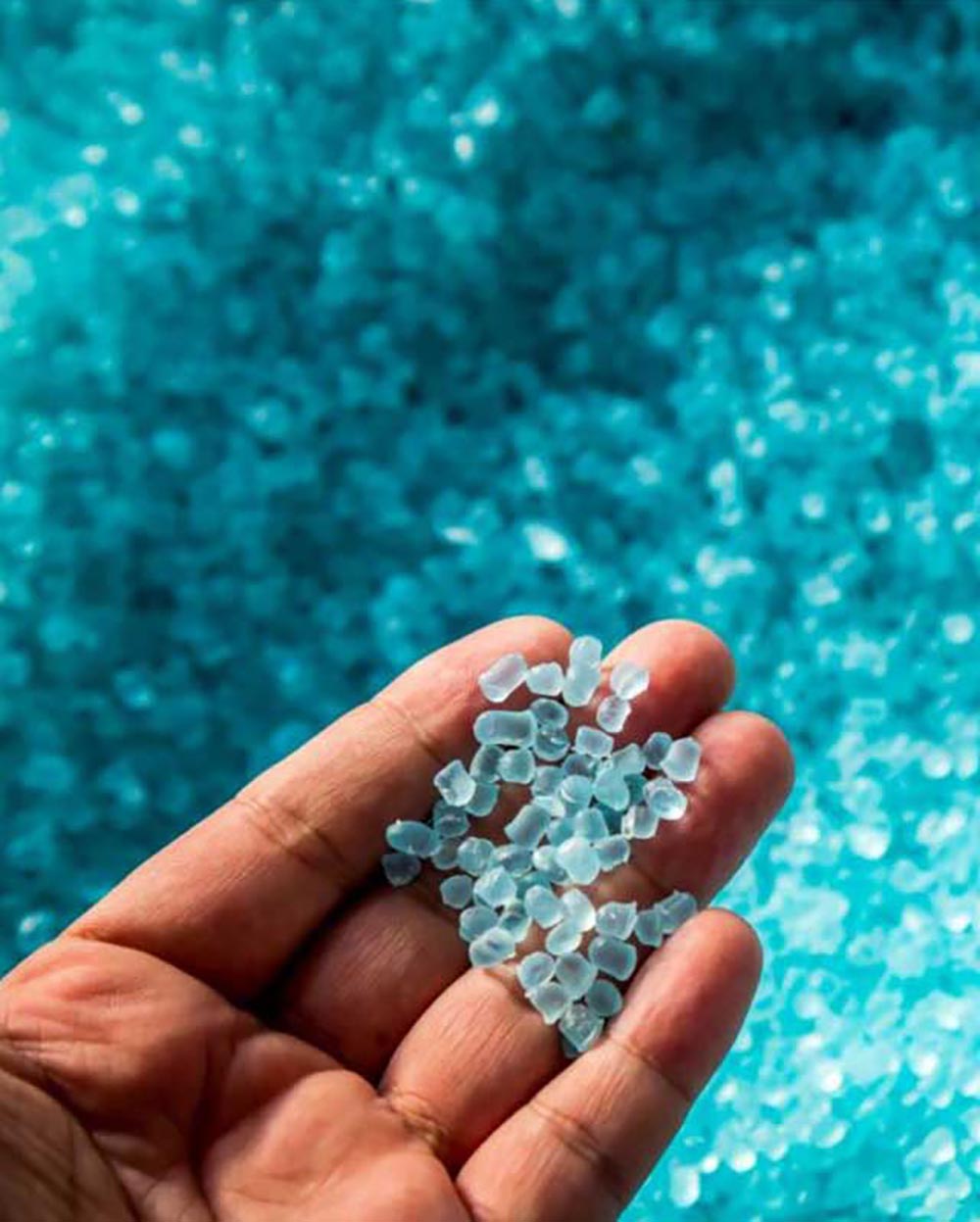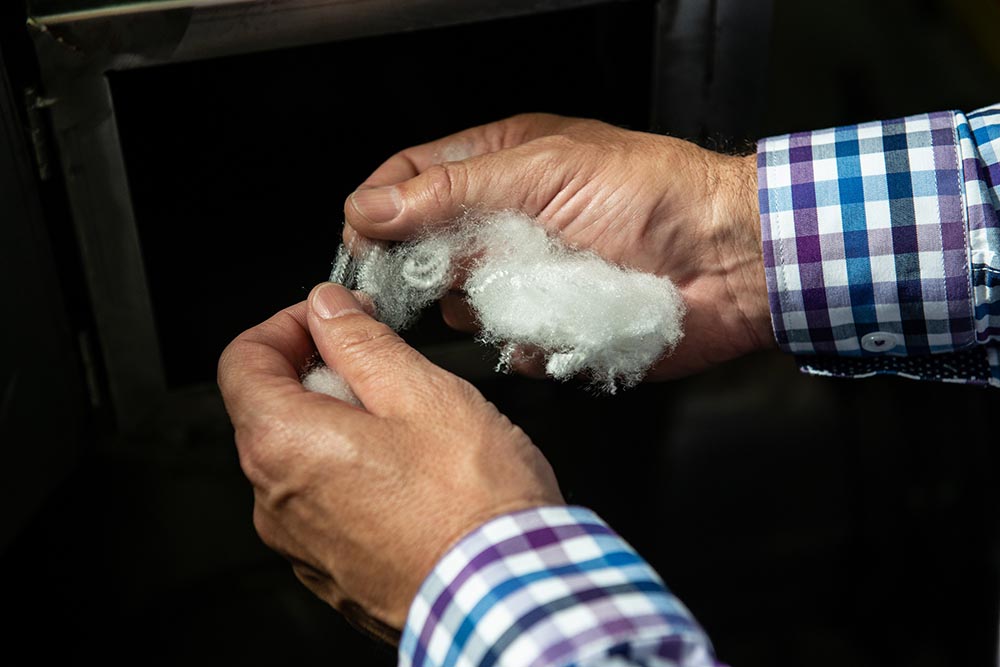Sustainability

Upcycling for the circular economy – the next big venture for Indorama?
As reported in the review of the Dornbirn Global Fiber Congress 2018 by Geoff Fisher in the October issue of International Fiber Journal, the push towards the circular economy is very much animating manufacturers at present.
Among notable moves in this direction is the joint venture signed recently between Indorama Ventures and a fast-rising new chemicals company – Loop Industries, based in Montréal, Quebec, Canada.
There was little indication back in 1994, when Indorama Holdings became Thailand’s first worsted wool yarn producer, that in under a quarter of a century it would rise to become one of the biggest – and certainly the most diversified – synthetic fiber and fiber feedstocks producers in the world.

Synthetic garment insulation made from 100% recycled, biodegradable fibers
PrimaLoft, a supplier of advanced material technology solutions, has introduced PrimaLoft Bio, claimed to be the first synthetic insulation made from 100% recycled, biodegradable polyester fibers.
In accelerated test conditions simulating a landfill environment (ASTM D5511) PrimaLoft Bio fibers achieved near complete biodegradation in 394 days, compared with the negligible degradation observed for standard
PrimaLoft, Inc. debuts PrimaLoft Bio, the first synthetic insulation made from 100% recycled, biodegradable fibers
Fibers using proprietary technology enable highly accelerated rate of biodegradation PrimaLoft, Inc., a global leader in advanced material technology solutions, introduced October 23, 2018 PrimaLoft® Bio, the first synthetic insulation made …
DuPont™ Sorona® Brand Becomes bluesign® System Partner
Renewably Sourced Fiber Meets Rigorous Sustainable Textile Production System; Recognized for its Environmental Responsibility in the Supply Chain DuPont Industrial Biosciences announced today its partnership with bluesign® for the bio-based, …

Marine litter and microplastics – problem or opportunity?
Synthetic fibers have taken a bashing in recent months, with numerous press reports suggesting much of the world’s drinking water is contaminated with plastic particles and that washing synthetic clothing could damage marine health.
With such headlines as: “Plastic fibres found in tap water around the world, study reveals”, “If you’re drinking tap water, you’re consuming plastic pollutants”, “Just how much plastic is ending up in our shellfish?”, “Plastic being ingested by fish and humans” and “Is your fleece killing marine life?”

